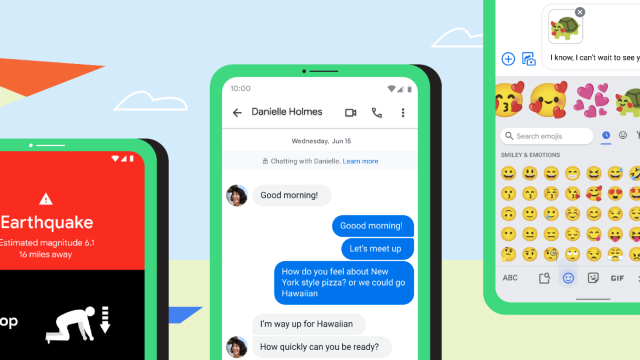Android 12 isn’t expected to be ready for its official release until later this spring, but in the meantime Google is rolling out six new features to Android devices this winter.
The new features range from updates to Google’s custom emoji system in Gboard to new personalisation options in Android Auto and even the expansion of an emergency alert network. Let’s dive in.
For people trying to keep better tabs on their chats, Google is adding the ability to star individual messages in the Google Messages app. Once you star a message (which you can do by tapping and holding on a specific text), the message will show up in its own section (sorted by category) so you don’t need to scroll through long chat logs just to find a specific photo or an address you wanted to save.
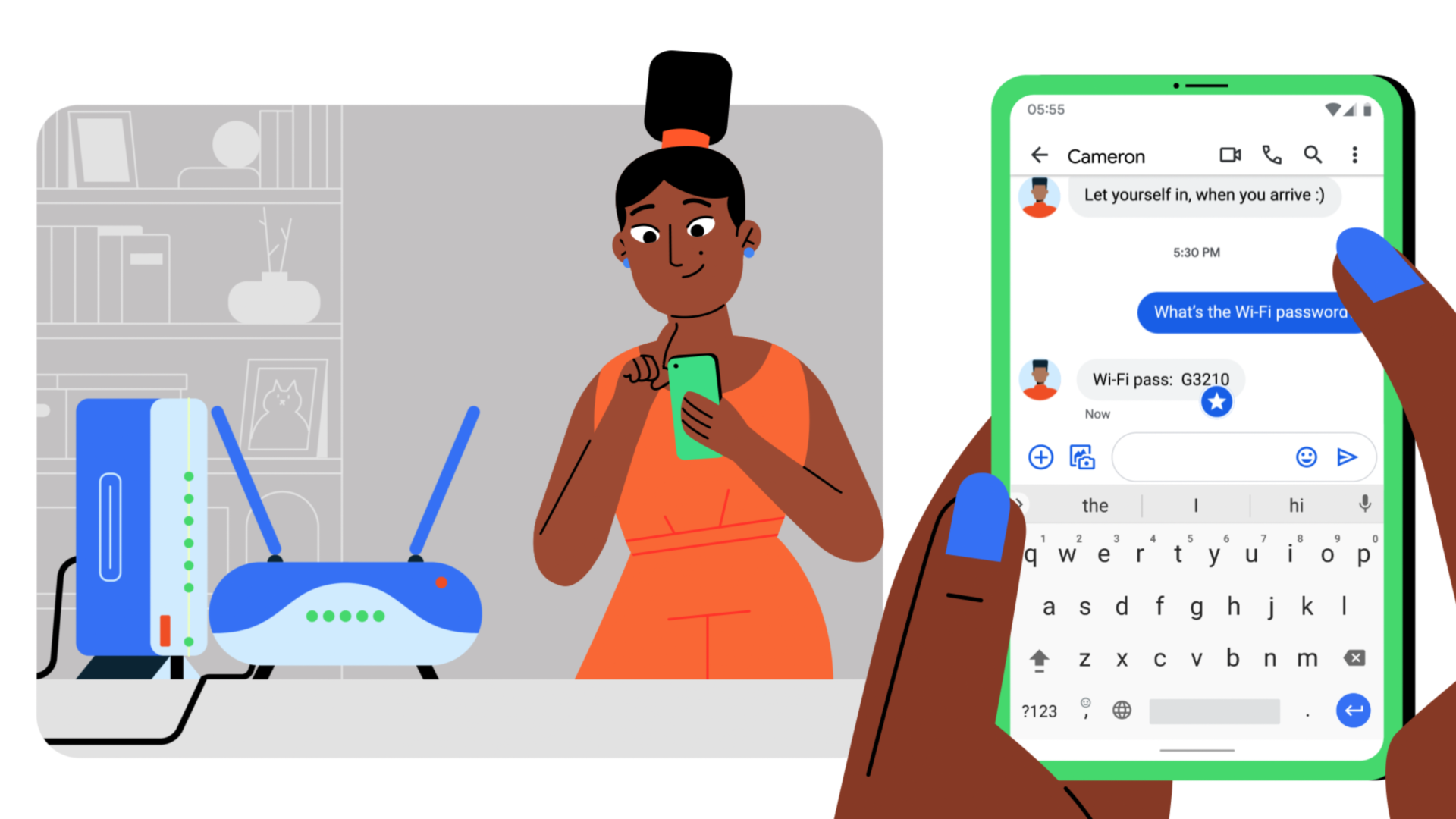
It’s not a revolutionary change, but it should be a handy upgrade for heavy texters, with Google saying starred messages will begin rolling out “broadly over the coming weeks.”
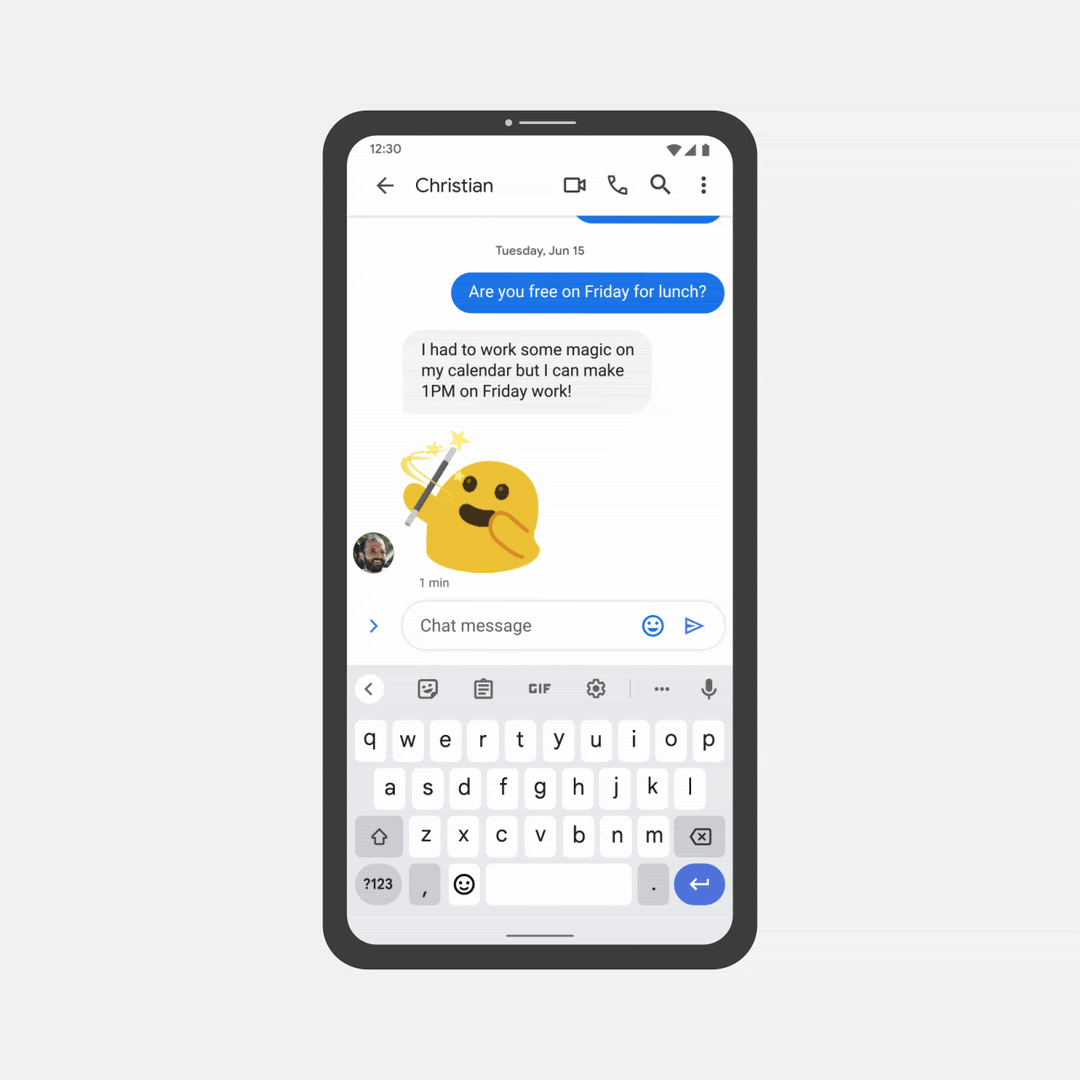
If you prefer to communicate with emoji rather than words, Google also has an update to the Emoji Kitchen in Gboard that will allow Gboard to serve up contextual emoji creations immediately after you’ve typed a new message. The idea is that by creating a new emoji combo based on your messages, you’ll have the right emoji for the situation at your fingertips, instead of always having to make them yourself. And when combined with a recent change that stores your most recently used stickers in their own section, you shouldn’t ever be at a loss for custom emoji.
The update to Emoji Kitchen is available today in the beta version of Gboard, and is scheduled to be added to the official public version of the app later this summer with support for messages in English, Spanish, and Portuguese.
It wouldn’t be a meaningful Android feature drop without new Google Assistant tricks, and now the assistant supports additional phone controls. Along with being able to answer questions, the Google Assistant will also be able to do specific tasks in apps, like pay your credit card bill or see how many miles you’ve run this week.
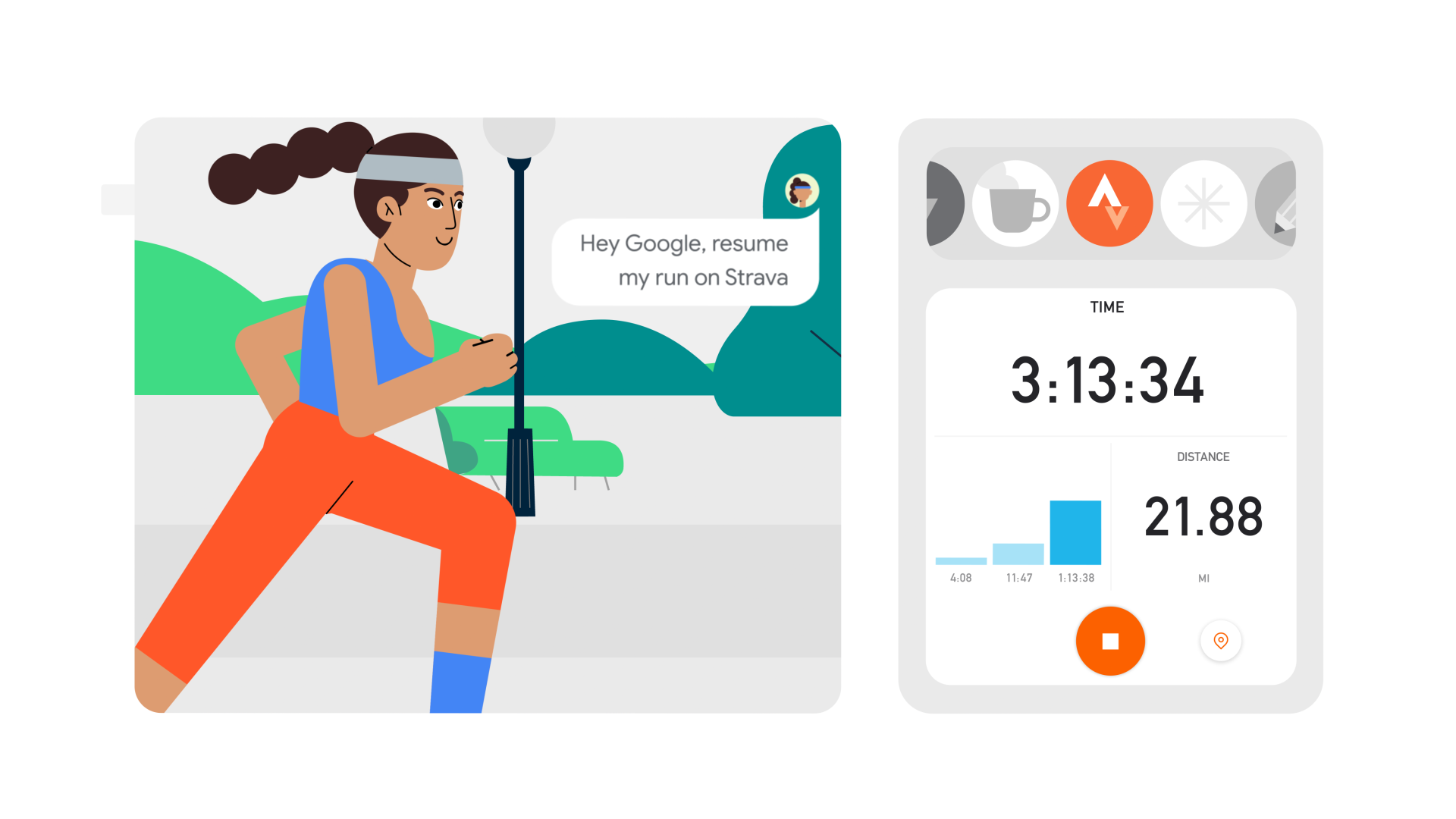
While it’s currently unclear how many apps will support this kind of integration, in Google’s announcement post, the company specifically mentioned Capital One and Strava. And to find more interactions like this, Google says you can simply ask the Google Assistant for more info by saying, “Hey Google, shortcuts.”
As vaccinated folks get ready for summer travel, Google is also tweaking Android Auto with new customisation options, including the ability to personalise your launcher screen, new tabs for media apps, and even a handy “back to the top” button.
On top of that, Google has also added the ability to use EV charging, parking, and navigation apps inside Android Auto, so you can more easily plan your trips without flipping back and forth between multiple apps. You’ll even be able to open messaging apps like WhatsApp or Google Messages from the launcher screen — just make sure you pull over first or let your co-pilot do it. (Don’t text while driving, folks!) The new features in Android Auto should be available now on phones running Android 6 and above when connected to a compatible car.
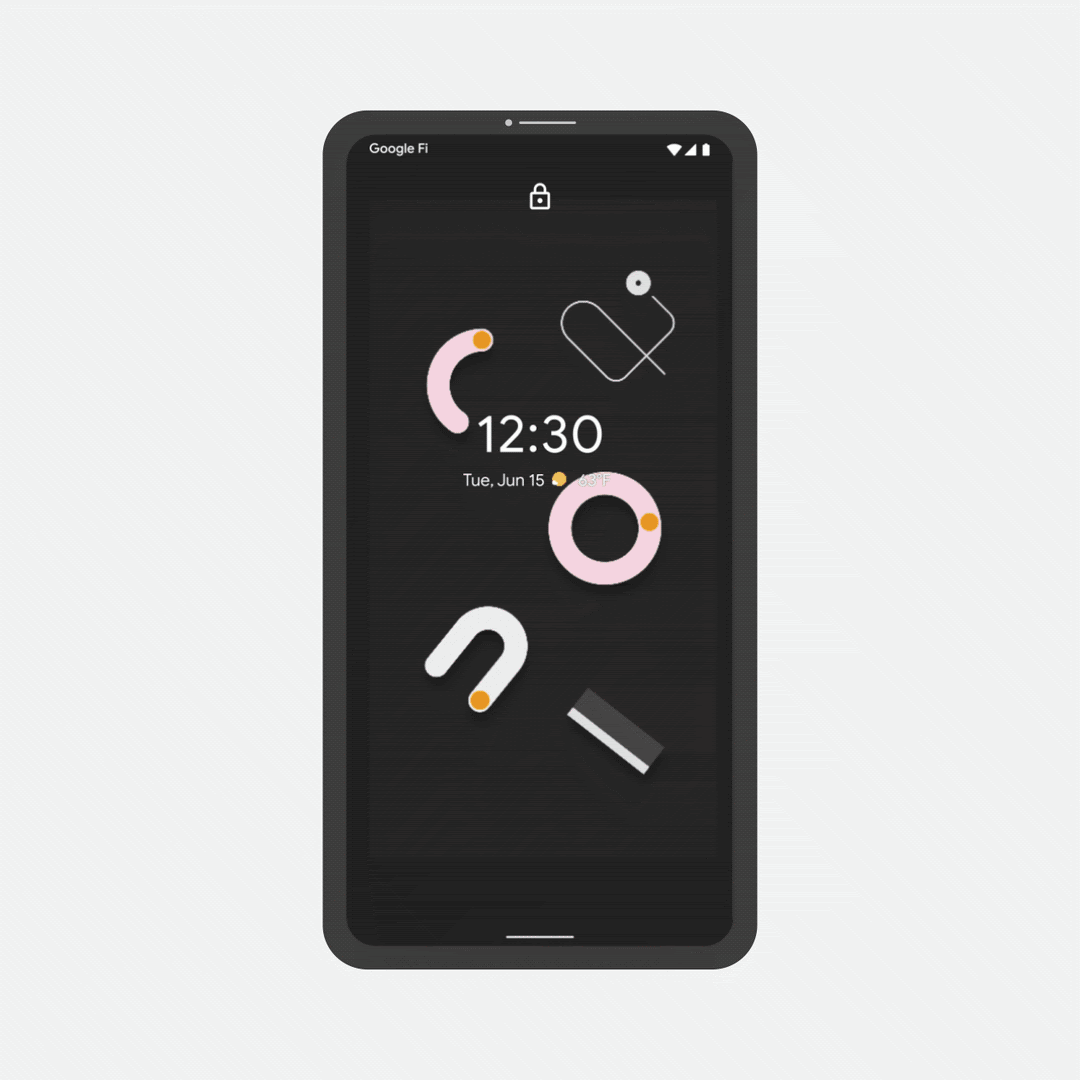
Finally, as a follow up to a new feature from last year, Google is expanding its Android Earthquake Alert System to a number of new countries, including Turkey, the Philippines, Kazakhstan, Kyrgyz Republic, Tajikistan, Turkmenistan, and Uzbekistan.
By leveraging the power of the internet, Google can turn Android phones into mini seismometers, so in the event of an earthquake, Google can send out alerts seconds before the earthquake reaches your area, potentially giving you an important early warning.
Google says it’s hoping to make its Earthquake Alert System available in most countries by the first half of 2022, starting with the countries with the highest earthquake risk before moving to those with more moderate concerns.
